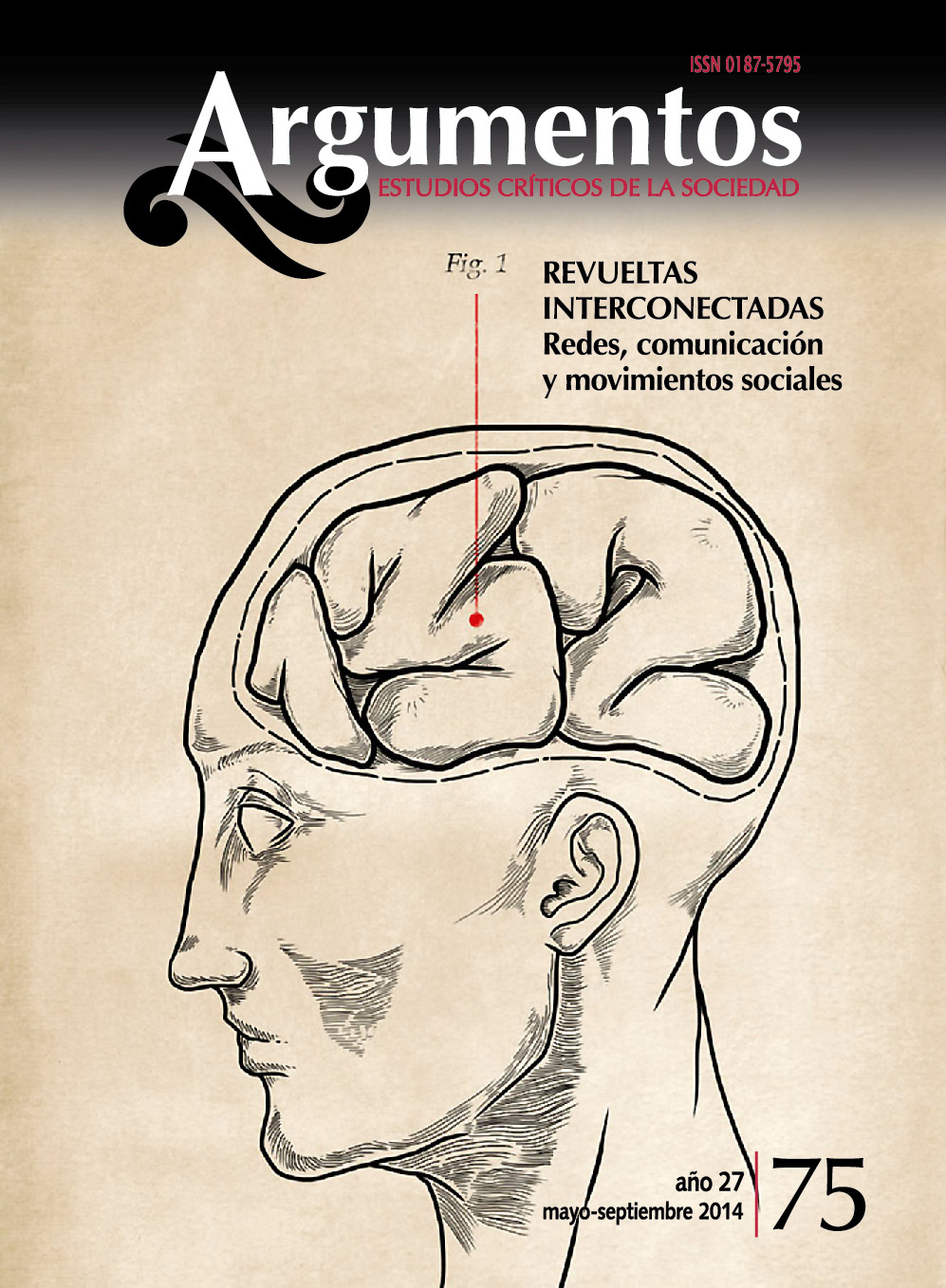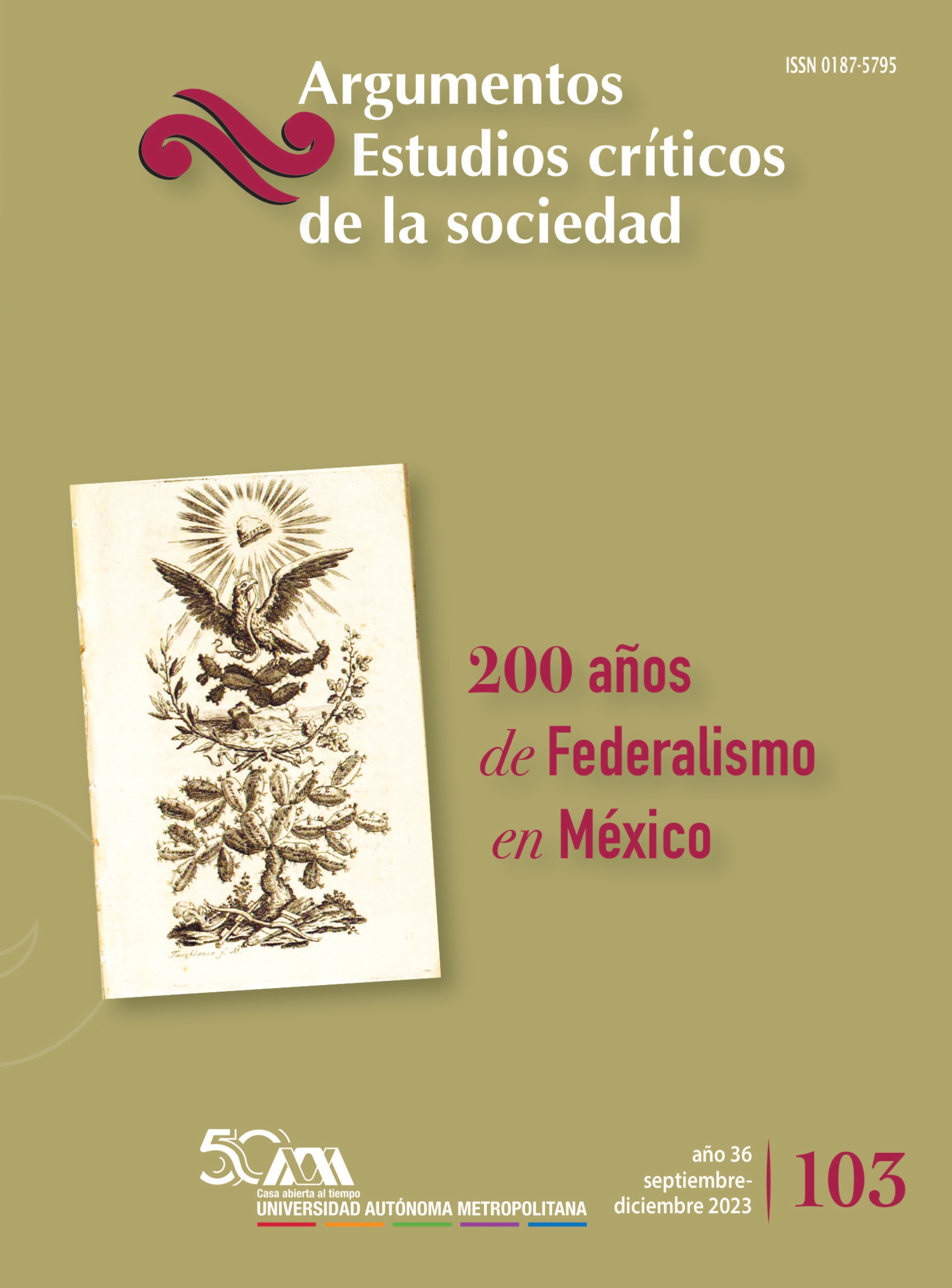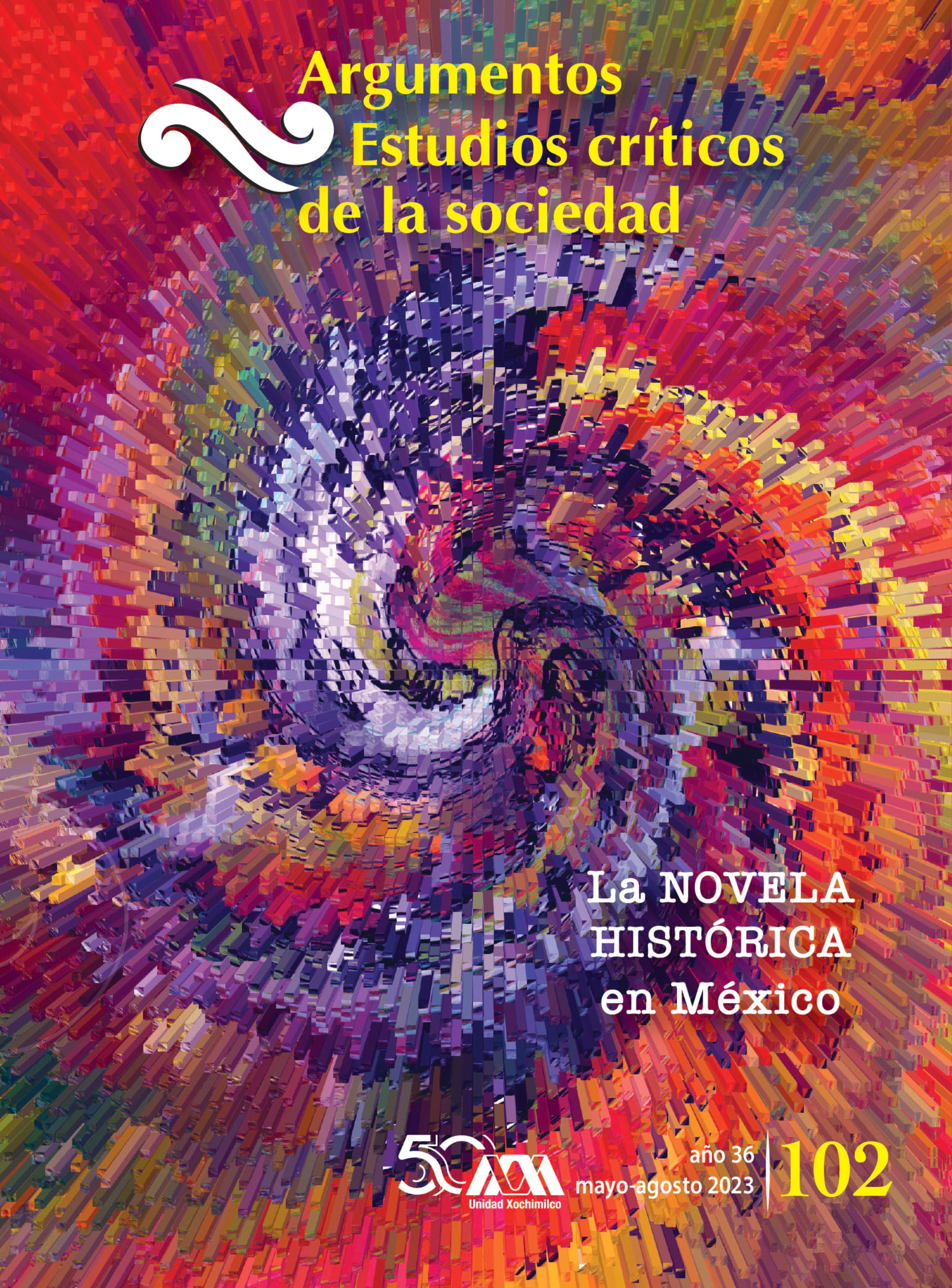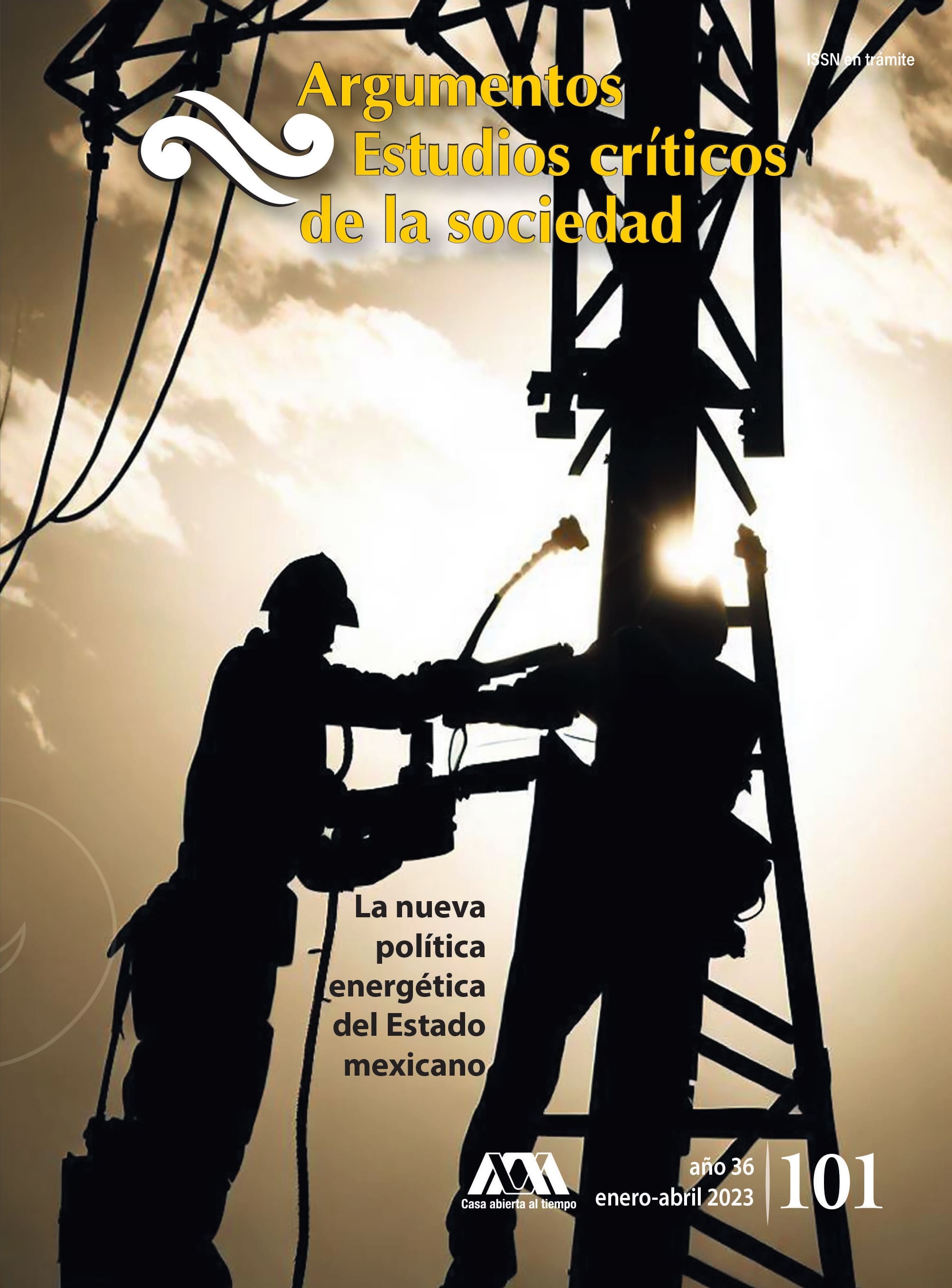La revuelta como renovación de la amistad
Keywords:
rejection, #YoSoy132, revolt, friendship, political actionAbstract
The concept of rejection as proposed by Blanchot is, at the same time, a singular and collective expression in the emergence of social movements, which allows us to conduct research on the relationship that is established with another through this common experience of saying “no”. The analysis of this social bond, on which friendships are built, makes it possible not only to approach the understanding of its constituent features but it also allows us to question the conditions under which it occurs. In order to do this, the experience of the #YoSoy132 movement functions as the basis for thinking that revolts as well as the emergence of contemporary social movements cannot be analyzed merely as rational exercises of collective action. It is necessary to consider the roles of attraction and the constitution of friendship bonds into propitiating closeness and joint action. It is our stance that, rather than considering them as elements that respond to a rationality of action, relationships are renewed by the common experience of transgression, to the extent that they set a field of shared experience on which to build political action.
References
Aristóteles (2012), Ética de Nicomano, Madrid, Jorge A. Mestas.
Bataille, Georges (2003), La conjugación sagrada, Buenos Aires, Adriana Hidalgo.
Blanchot, Maurice (1999), La comunidad inconfesable, Madrid, Arena Libros.
—— (2007), La amistad, Madrid, Trotta.
Cabrera, Raúl E. (2010), “Subjetivación y acción política”, tesis para optar por el grado de doctor en ciencias sociales, Universidad Autónoma Metropolitana Unidad Xochimilco, México.
Derrida, Jacques (1998), Políticas de la amistad, Madrid, Trotta.
Freud, Sigmund (1976), Obras completas, vol. XIV, Buenos Aires, Amorrortu.
Lapassade, George (1977), Grupos, organizaciones e instituciones, Barcelona, Granica.
Melucci, Alberto (1991), “La acción colectiva como constructo social”, Estudios Sociológicos, núm. 26, México.
—— (1999), Acción colectiva, vida cotidiana y democracia, México, El Colegio de México.
Olson, M. (2002), La lógica de la acción colectiva, México, Limusa Noriega Editores.
Ranciére, Jacques (2007), El desacuerdo, política y filosofía, Buenos Aires, Nueva Visión.
Sartre, J.P. (2011), Crítica de la razón dialéctica I, Buenos Aires, Losada.
Schmitt, Carl (1981), El concepto de lo político, Madrid, Alianza Editorial.
Touraine, Alain (1987), El regreso del autor, Buenos Aires, Eudeba.








